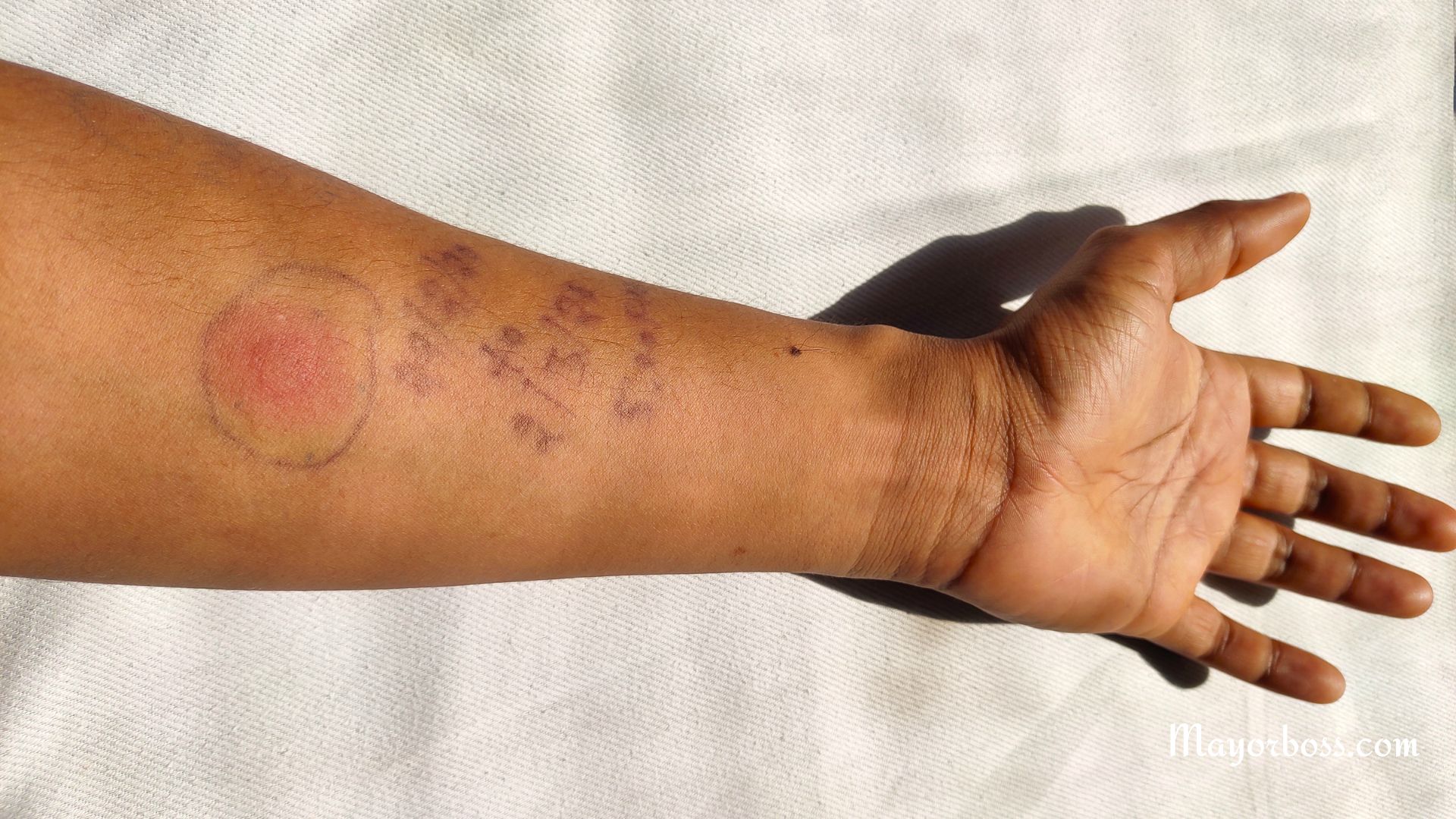White Spots in Throat
When you see white spots in your throat, it could be a little startling. These spots can be a sign of several conditions, ranging from infections to chronic diseases. Often, they are associated with soreness or discomfort, and you might find swallowing to be a bit tricky.
Some common reasons for white spots include strep throat, tonsillitis, oral thrush, or mononucleosis. However, it’s essential to get a precise diagnosis from your physician because the treatment can vary widely depending on the cause.

Common Causes of White Spots in the Throat
Strep Throat
If you have strep throat, you’ll typically experience a sudden, severe sore throat, fever, and those telltale white spots. This condition is caused by a type of bacteria, and you’ll need antibiotics to treat it effectively.
Tonsillitis
Tonsillitis is an inflammation of the tonsils that can lead to white, pus-filled spots in your throat. You might also have a fever, a sore throat, and swollen glands around your neck. Viruses or bacteria can cause tonsillitis, so the treatment will depend on the specific cause.
Oral Thrush
This is a yeast infection in the mouth, which leads to creamy white lesions, usually on your tongue or inner cheeks. It can spread to the roof of your mouth, gums, tonsils, or even the back of your throat. Since oral thrush is caused by an overgrowth of Candida fungus, antifungal medications are typically used for treatment.
Mononucleosis
Commonly known as mono, this viral illness can cause white spots in the throat, extreme fatigue, fever, and swollen lymph nodes. Rest and hydration are key, as most viral infections do not have a specific treatment and need to run their course.
Diagnosis and Treatment
Seeing a Doctor
If you spot white patches in your throat and they don’t go away on their own, or you have other symptoms, you should see a doctor. They will probably swab your throat to test for strep or take a sample to check for thrush.
Treatment
For bacterial infections like strep throat, antibiotics are the way to go. However, for viral infections like mononucleosis, you’ll need to rest and take care of yourself while your body fights off the virus. Oral thrush is treated with antifungal medications, which can be in the form of lozenges, tablets, or liquid.
Home Care Tips
While you’re waiting for your appointment or if your doctor recommends managing symptoms at home:
- Gargle with warm salt water to help soothe your throat and dislodge any white spots.
- Stay hydrated to keep your throat moist and aid in healing.
- Avoid irritants like smoking, which can make throat problems worse.
Remember, these home care tips are supportive, and they don’t replace the need for medical treatment, especially if you have a bacterial infection or thrush.
In fact, timely medical attention is crucial because untreated throat infections can sometimes lead to more severe complications. Therefore, if you encounter these symptoms, particularly if they persist or are accompanied by high fever, difficulty breathing, or difficulty swallowing, seek medical advice promptly.






